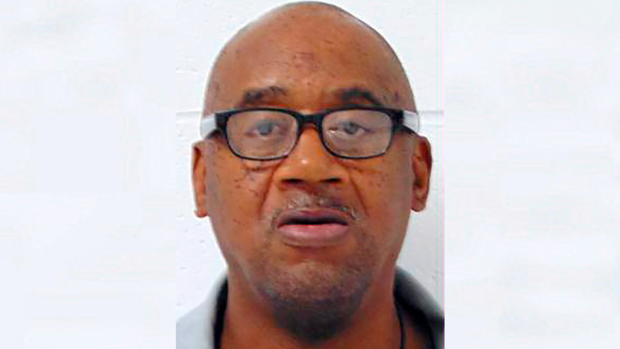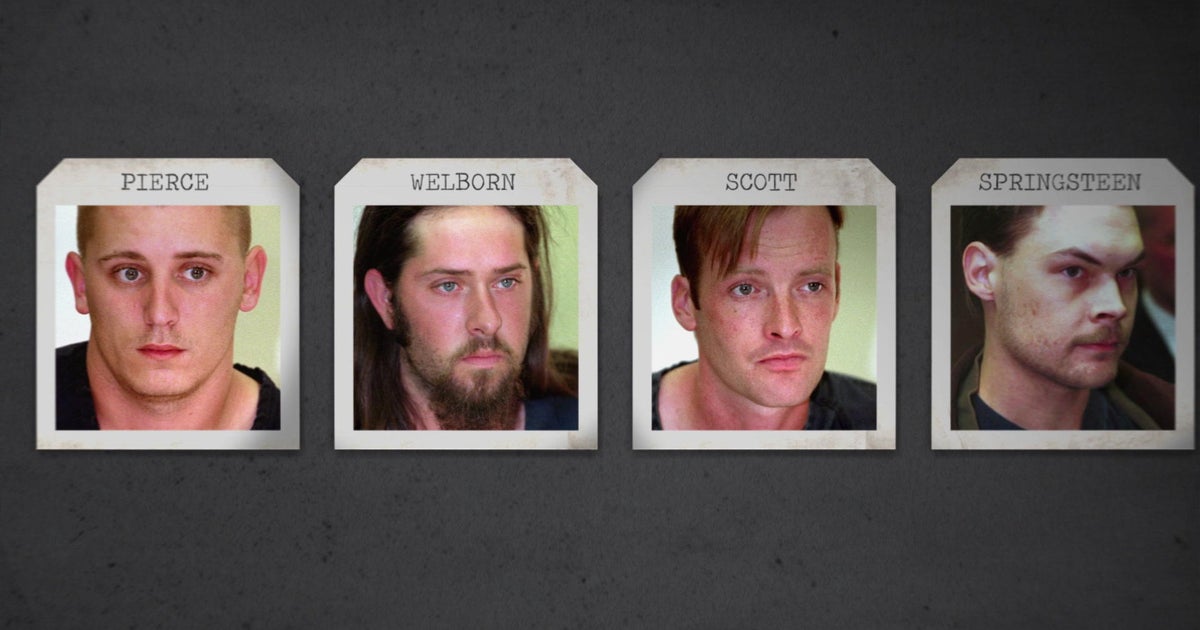Ernest Johnson executed despite appeals from Pope Francis and politicians
Missouri inmate Ernest Johnson was executed Tuesday for murdering three people while robbing a convenience store in 1994, according to the Associated Press. His execution went forward despite appeals from politicians and even Pope Francis, who requested clemency for the man who attorneys said was intellectually disabled.
Johnson, 61, died at the Missouri state prison in Bonne Terre from a pentobarbital injection, the AP reported. He was pronounced dead at 6:11 p.m. local time, making him the seventh person to die by execution in the country this year.
On February 12, 1994, Johnson was accused of using a gun and claw hammer to murder three workers at Casey's General Store in Columbia, Missouri, during a robbery in which he was attempting to steal money to pay for drugs, according to court documents.
Missouri governor Mike Parson denied Johnson clemency on Monday, saying that the state was "prepared to deliver justice and carry out the lawful sentence." Just hours before Johnson received the lethal injection, the Supreme Court declined to stop his execution.
Johnson's attorney, Jeremy Weis, previously argued in a court affidavit that a lethal injection would pose "severely painful" health complications for Johnson due to his pre-existing brain damage. According to a federal court petition, Johnson was born with fetal alcohol syndrome and had one-fifth of his brain tissue taken out when a tumor was removed in 2008.
"There is a substantial and unjustifiable risk that the lethal injection drugs will trigger violent and uncontrollable seizures that are extremely painful and will lead to an ineffective and excruciating execution. Mr. Johnson's seizure threshold is substantially lower than the general population," his attorney wrote in the complaint.
Johnson had requested to be executed by a manner other than lethal injection, but his appeals were rejected and the Supreme Court earlier this year declined to review his petition.
Last week, a personal representative of Pope Francis urged Parson in a letter to not allow "the atrocity of their crimes to feed a desire for vengeance" and "to halt the planned execution."
"His Holiness wishes to place before you the simple fact of Mr. Johnson's humanity and the sacredness of all human life," the representative stated.
U.S. Representatives Cori Bush and Emanuel Cleaver also pleaded with Parson to stop Johnson's execution, which was the first execution in the state since May 2020.
"Like slavery and lynching did before it, the death penalty perpetuates cycles of trauma, violence and state-sanctioned murder in Black and brown communities," a joint letter from the politicians to Parson read. "We urge you to correct these injustices using every tool available, including the power to grant clemency."
But Parson argued that Johnson received due process, noting that his case had been reviewed by three juries, which each recommended a death sentence, and that his claim regarding intellectual disability has been reviewed and rejected by courts on six different occasions.
Human rights organization Amnesty International USA called Johnson's execution a "grave injustice and tragedy."
"It is a violation of international law to execute a person with an intellectual disability, and the US Supreme Court set a precedent against these executions in 2002 with Atkins v. Virginia," Amnesty International USA said. "No one should be subject to the death penalty, whatever the circumstances, but particularly when it flagrantly violates established law."




